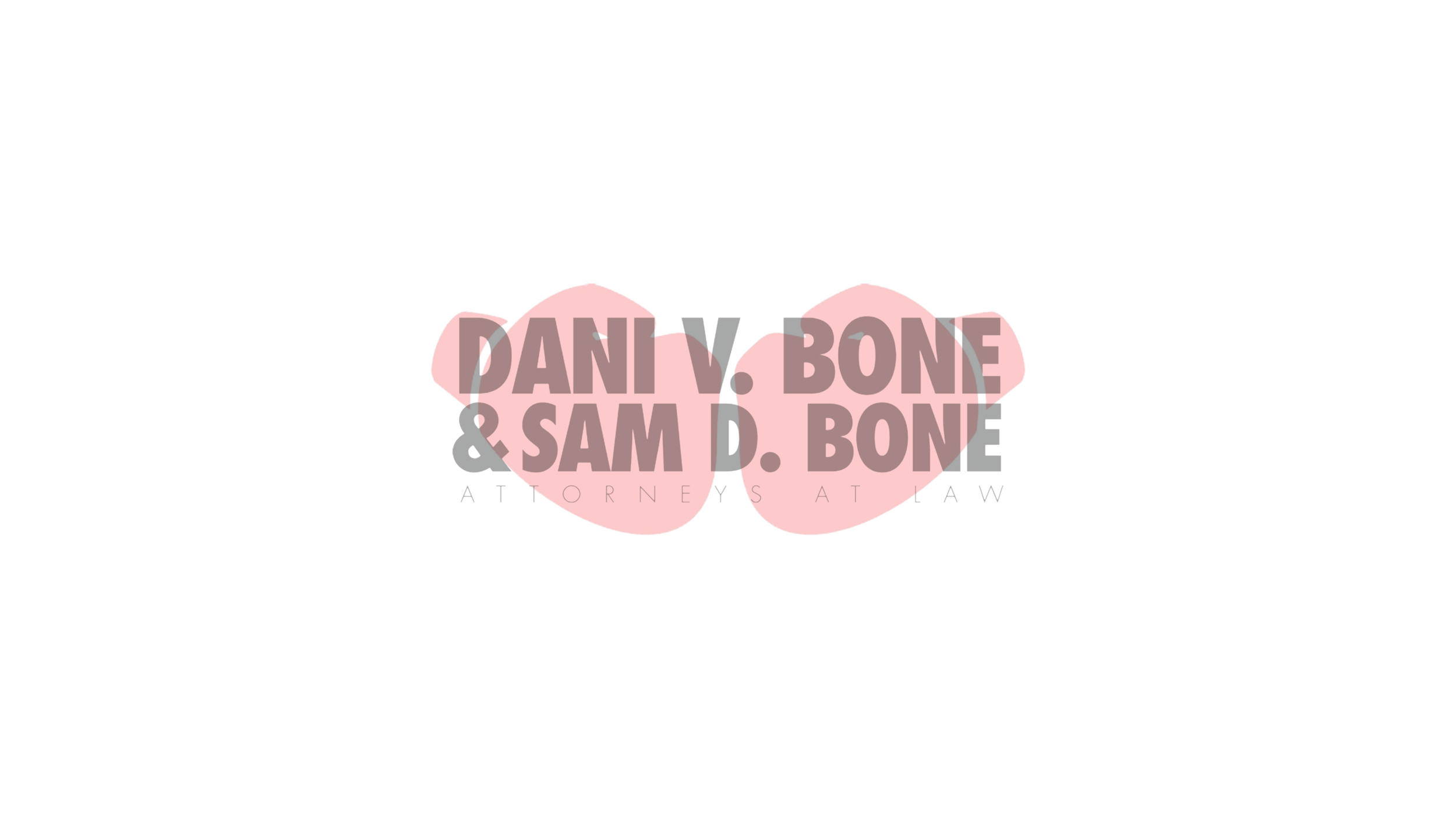GADSDEN BANKRUPTCY LAWYER
What is the Difference Between a Chapter 7 and a Chapter 13 Bankruptcy?
ADDITIONAL BANKRUPTCY ARTICLES:
- What is Bankruptcy?
- How to file bankruptcy
- The first step in filing for bankruptcy
- Bankruptcy law in Gadsden: Basic Concepts
- Alabama Bankruptcy Exemptions
- The difference between secured debt and unsecured debt
- Chapter 7 Means Test in Alabama
- What is the difference between Chapter 7 Bankruptcy and Chapter 13 Bankruptcy?
- Will filing bankruptcy stop the bill collectors?
- What is the homestead exemption in bankruptcy?
- Debts that usually remain after bankruptcy
- Chapter 7 Bankruptcy Checklist
- Pros & Cons of Chapter 7 Bankruptcy
- Who can file Chapter 7 Bankruptcy in Alabama?
- How long does bankruptcy stay on my credit report?
Choosing between Chapter 7 and Chapter 13 bankruptcy is a crucial decision for individuals considering bankruptcy proceedings. While both provide routes to clear debts and financial obligations, they are very different options and have different advantages to consider. For some, choosing between Chapter 7 and Chapter 13 will simply be a matter of which bankruptcy they are eligible for, based on their levels of income and debt. For others, it will be a question of which bankruptcy is right for them and their personal circumstances.
Overview of Chapter 7 and Chapter 13
In a Chapter 7 bankruptcy, a trustee will look at a person’s property and assets, and sell things that are not exempt to generate funds to pay creditors. This will involve looking at the different debts a person has and checking if certain property is promised to creditors through, for example, a mortgage.
A Chapter 13 bankruptcy is often called a “reorganization” bankruptcy. Unlike Chapter 7, a person’s debts are not paid down through the sale of property or simply discharged. Instead, debts are “reorganized” in a repayment plan agreed upon by the court and creditors, allowing a person to pay off at least some of their debt over time.
WHO SHOULD YOU HIRE FOR YOUR bankruptcy CASE?
First, look for attorney's qualifications. The National Trial Lawyers Associations selected Dani Bone as a Top 100 Lawyer in the Country for 2018. The National Trial Lawyers Associations selected Sam Bone as a Top 40 Lawyer Under 40 for 2015.
Next, look at our reviews online for our services and compare them to other attorneys in the area to decide whether we should be your lawyer.
Key Advantages of Chapter 7
The biggest advantage to filing for Chapter 7 bankruptcy is the possibility to get most debts discharged completely. This means creditors will no longer be able to pursue outstanding loans and the filer will not have to pay back a substantial proportion (or even all) of their debts. For people seeking a clean financial slate, this can seem like the most clear-cut option.
By contrast, Chapter 13 requires that a person keeps up with a strict repayment schedule. This might require other sacrifices and a substantial change in standard of living.
Key Advantages of Chapter 13
The key advantage of Chapter 13 bankruptcy is that it allows the person filing to avoid foreclosure on their property. This means they could keep their home and catch up with missed mortgage repayments. They can also reschedule all of their other secured debts – such as on a car or a second property. This could make these loans more affordable and increase the chance they are paid in full.
Another advantage of Chapter 13 is that it can protect anybody else who has co-signed a loan from being chased separately for repayment. This could include, for example, a spouse who has co-signed on a loan.
Chapter 13 may also be preferable for a person with debts that cannot be discharged in Chapter 7 – such as an outstanding tax bill or child support payments. Chapter 13 allows someone to pay down these debts over the course of the repayment schedule, potentially improving their long-term financial position.
Eligibility for Chapter 7 and Chapter 13 Bankruptcy
Eligibility for Chapter 7 relates to a person’s monthly income, and whether they are able to afford repayments. Those whose income is above the set limits and who are not eligible for Chapter 7 might have their case converted into a Chapter 13 bankruptcy.
The nature of a Chapter 13 repayment plan means that the person filing must have a reliable source of income to make the regular debt payments. This is why it is often referred to as a “wage earner’s plan.” In general, the number of years a person will make payments for depends on their income and the extent of their debts.
There are limits on how much secured and unsecured debt a person can have to be eligible to file for Chapter 13 bankruptcy. Currently, the limits for Chapter 13 are set at $394,725 for unsecured debts and $1,184,200 for secured debts.
Speak to an Experienced GADSDEN ALABAMA Bankruptcy Attorney Today
This article is intended to be helpful and informative. But even common legal matters can become complex and stressful. A qualified bankruptcy lawyer can address your particular legal needs, explain the law, and represent you in court. Take the first step now and contact Dani Bone & Sam Bone to discuss your specific legal situation at 256-547-1005.




